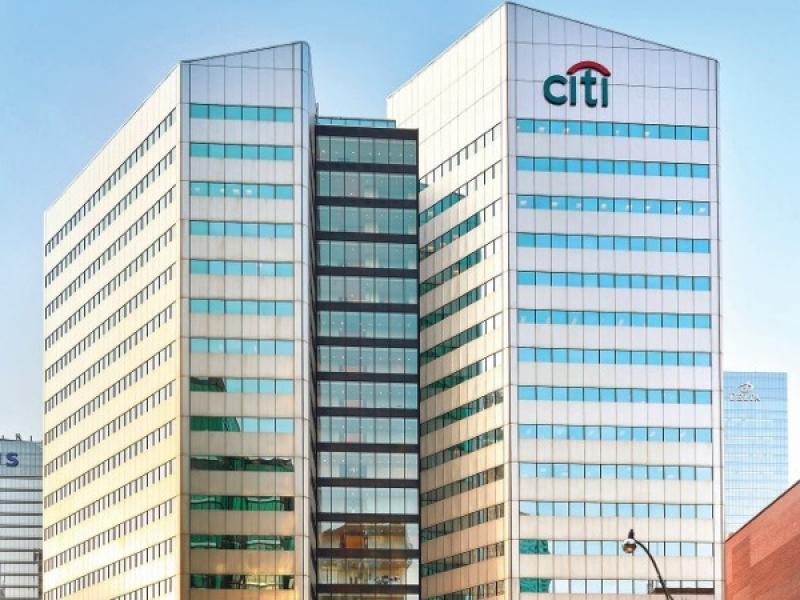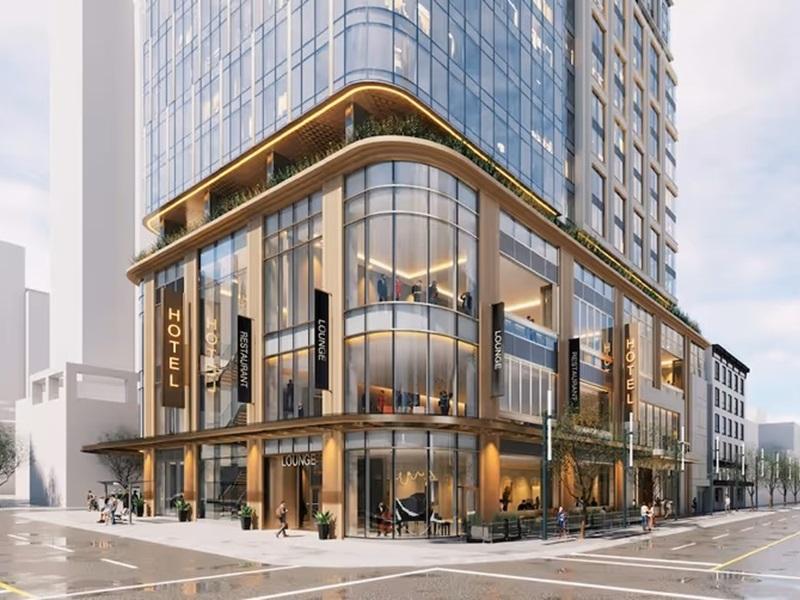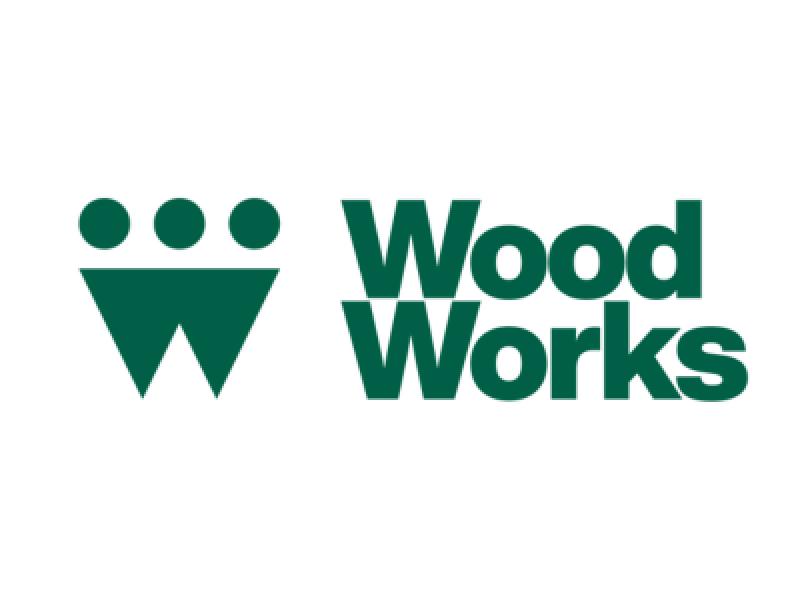
Central 1 Credit Union chief economist Helmut Pastrick says B.C. is in a “policy-induced” housing recession. (Courtesy Informa, Dennis Chui)
B.C. is in a “policy-induced” housing recession, but the chances of a broader economic recession remain low — for now, says Central 1 Credit Union’s chief economist.
Central 1’s Helmut Pastrick spoke on April 4 at the Vancouver Real Estate Forum, providing his own forecast for B.C.’s property and economic outlook.
Since 2016, B.C.s NDP government has increased the province’s tax on foreign buyers of major urban-area properties to 20 per cent, introduced a speculation and vacant homes tax on urban areas, and boosted residential tenant protections. The federal government, meanwhile, has introduced a new mortgage stress test on borrowers across the country.
It’s now clear B.C. is in a housing recession due to those interventions and other factors, Pastrick told a convention centre hall of about 1,200 attendees: “Are we approaching a bottom? Not quite yet.”
March figures show listings surge, price decline
Indeed, Metro Vancouver home sales dipped to the lowest March levels in more than three decades, according to recent figures published by the Real Estate Board of Greater Vancouver (REBGV).
It noted residential home sales in the region totalled 1,727 in March 2019, a 31.4 per cent decrease from the 2,517 sales recorded in March 2018, and a 16.4 per cent increase from the 1,484 homes sold in February 2019.
Last month’s sales were 46.3 per cent below the 10-year March sales average and was the lowest total for the month since 1986. New listings, meanwhile, climbed 11.2 per cent compared to March 2018.
The REBGV said its composite benchmark price for all residential properties in Metro Vancouver is $1,011,200— a 7.7 per cent decrease from March 2018, and a 0.5 per cent decrease compared to February 2019.
“You can expect further slippage in the near term,” Pastrick said. “Most of the prior housing recessions we have seen in 1982 and 1990 and 2008-’09 have been due to external factors.
“Mainly weakening conditions, economic recessions, rising rates. . . . This time, it’s different.”
However, Pastrick said he didn’t expect B.C.’s bullish commercial property investment market to reverse course in the same way as housing values.
“That’s because of the different factors at play,” he said. “This housing recession is not driven by the usual economic and interest-rate factors. As a result, the non-residential side won’t necessarily fall into recession in the next year or two.
“That will depend on the state of the economy.”
Recession not imminent, but still possible
There are many storm clouds on the global economic horizon which could cause trouble for Canada and B.C., he said.
He said the ongoing trade war between the U.S. and China, the inverting of government bond yield curves, and emerging market debt problems could lead to Canada’s next economic recession.
“Pick your poison,” Pastrick said. “Nobody really knows when the next recession is going to occur, or what (will be) the trigger or the shock event, but clearly the trade issues that we’ve seen have scraped growth.”
He said inverted yield curves have always preceded a recession in post-war U.S.
“However, the opposite is not true. Every yield curve inversion has not led to a recession. There have been some false signals. I think this is another one.” (Inverted yield curves emerge when yields on long-term debt are lower than yields on short-term debt of the same credit quality).
What is clear is the global economy has slowed, he said.
Population boom to push home prices higher
Closer to home in B.C., primary economic growth projections remain positive, though modest in the short and long terms, he said.
Over the longer term, real estate will be guided by population increases, especially in Metro Vancouver which is forecast to see its population grow by 35 per cent by 2041.
“That has significant implications for the demand for real estate and real estate space,” Pastrick said. “We see higher population growth, higher population density and of course that translates into higher prices.
“Based on (my) model, (housing) prices will double between 2016 and 2041 and that wouldn’t surprise me if that was a little on the low side.”
The same growth figures would apply to commercial property, he added.







